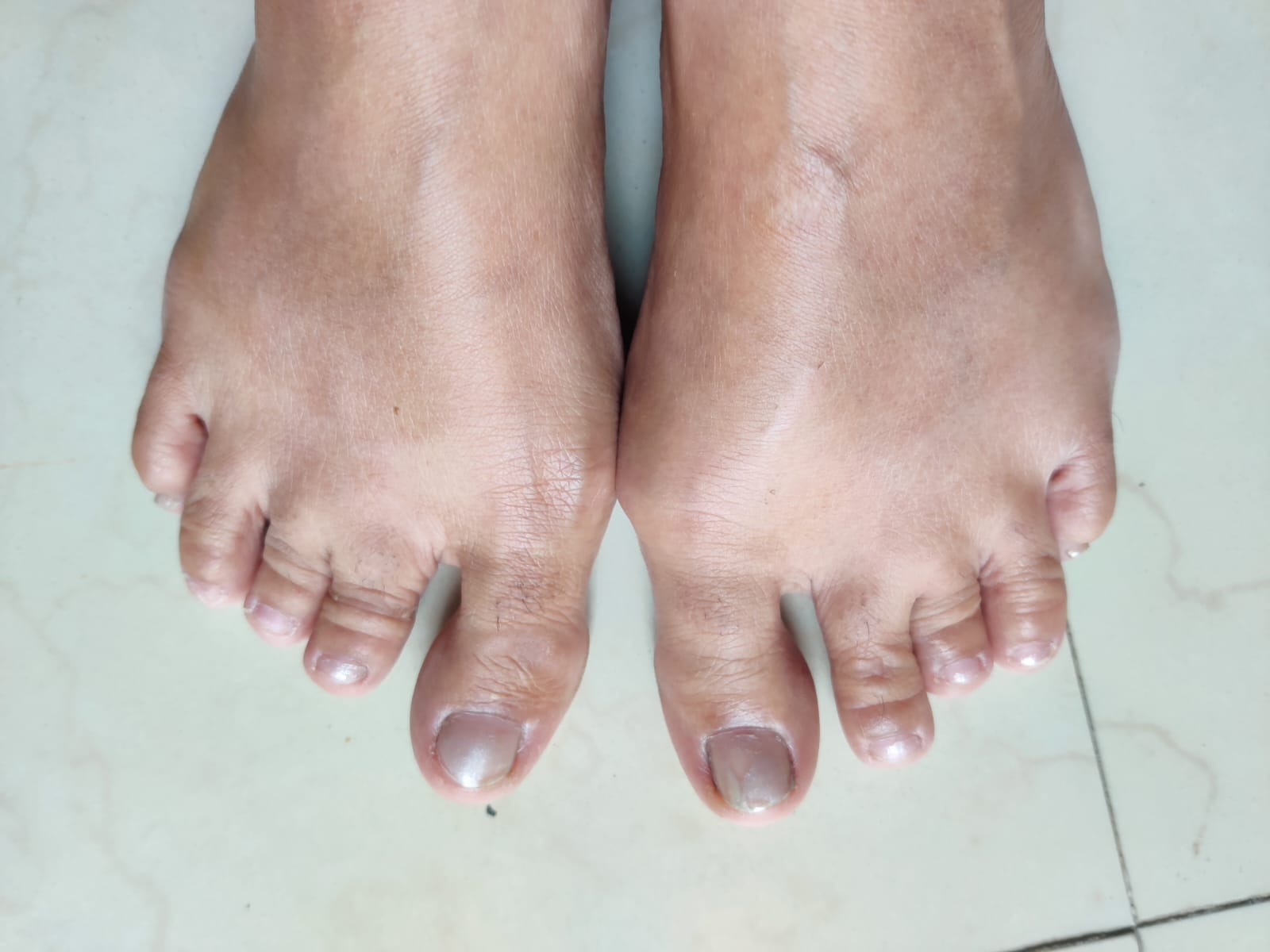+918048030940

This is your website preview.
Currently it only shows your basic business info. Start adding relevant business details such as description, images and products or services to gain your customers attention by using Boost 360 android app / iOS App / web portal.
Post-Chikungunya Joint Pain Chikungunya is a vira...

Post-Chikungunya Joint Pain Chikungunya is a viral illness spread by mosquitoes, causing symptoms like fever, rash, and severe joint pain. While the fever and rash typically go away within a week, many people experience persistent joint pain, which can last for months or even years. This is known as post-chikungunya joint pain or chronic chikungunya arthritis. Why Does Joint Pain Persist? The chikungunya virus triggers inflammation in the joints, leading to pain and stiffness. Even after the infection clears, this inflammation can linger, especially in weight-bearing joints like the knees, ankles, wrists, and fingers. The pain is often described as throbbing or burning and can worsen with activity. Who Is More Likely to Suffer from Chronic Joint Pain? 1.Older adults: Age can weaken the immune system and slow down recovery. 2.People with pre-existing conditions: If you have arthritis or joint issues, you may be more likely to experience severe symptoms. 3.Individuals with high inflammation during the acute phase: If the initial illness was severe, you may experience more prolonged pain. Managing Post-Chikungunya Joint Pain While there’s no specific cure, several methods can help relieve symptoms: 1. Rest: Avoid overexerting your joints and give your body time to heal. 2. Pain Relievers: Non-steroidal anti-inflammatory drugs (NSAIDs) like ibuprofen can reduce pain and inflammation but they need to be prescribed by doctors, avoid self medications. 3. Gentle exercises and stretches can improve mobility and reduce stiffness over time. 4. Hydration and Nutrition: Drinking enough water and eating a balanced diet rich in anti-inflammatory foods (like fruits, vegetables, and omega-3s) can support recovery. Some supplements like multivitamins and calcium can help to some extent. 5. Hot/Cold Therapy: Applying heat can relax stiff muscles, while cold packs can reduce swelling and pain. When Should You See a pain specialist? If your joint pain lasts longer than a few weeks, or if it becomes severe enough to affect your daily activities, it’s important to seek medical advice. A pain specialist may recommend further treatments such as corticosteroid injections, advanced pain management options, or in rare cases, joint-targeted therapies. Dr Priya Rathi MD, DNB, FCPM, FIAPM Chronic pain specialist

